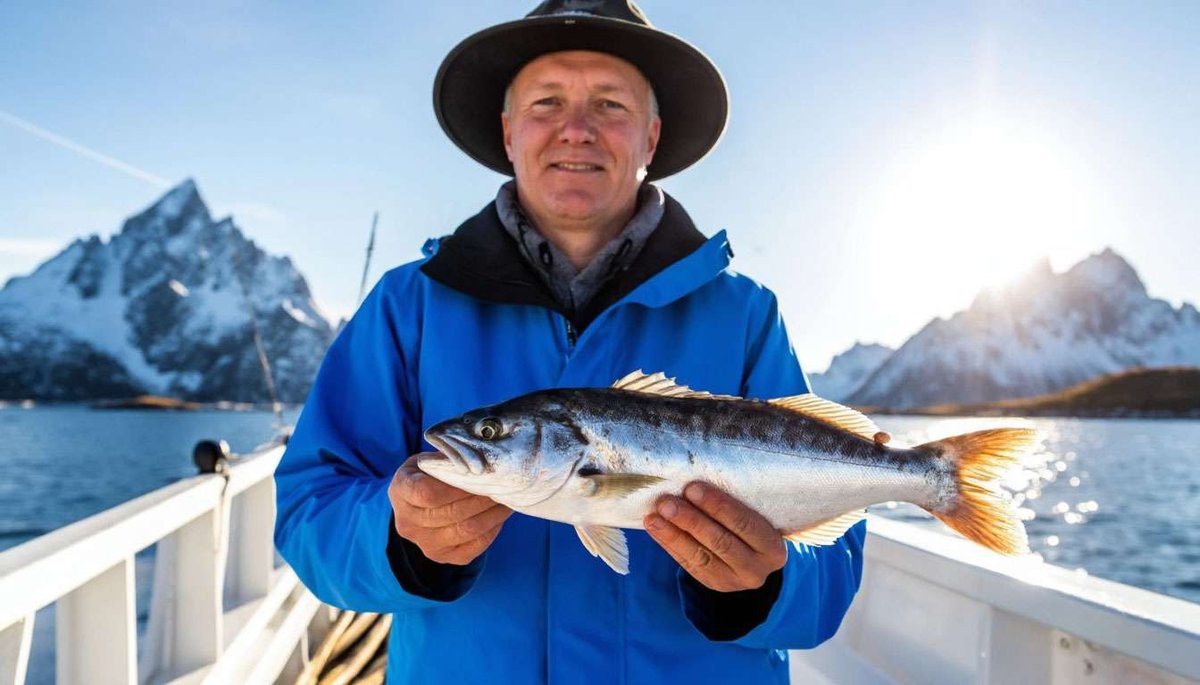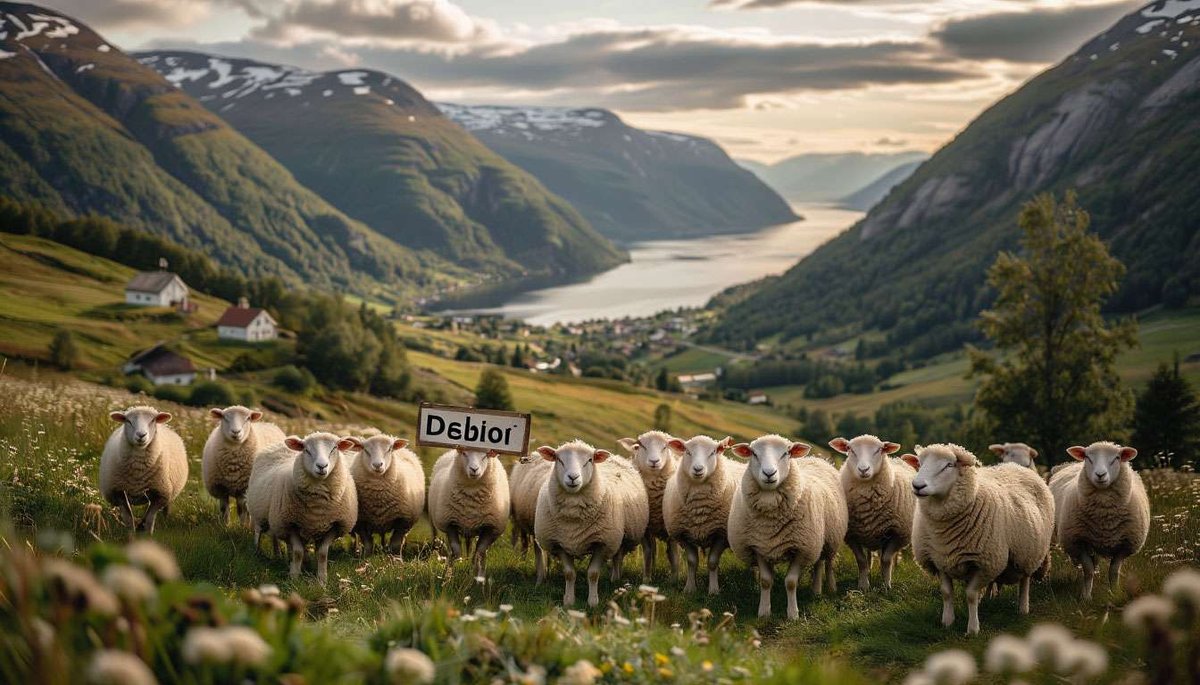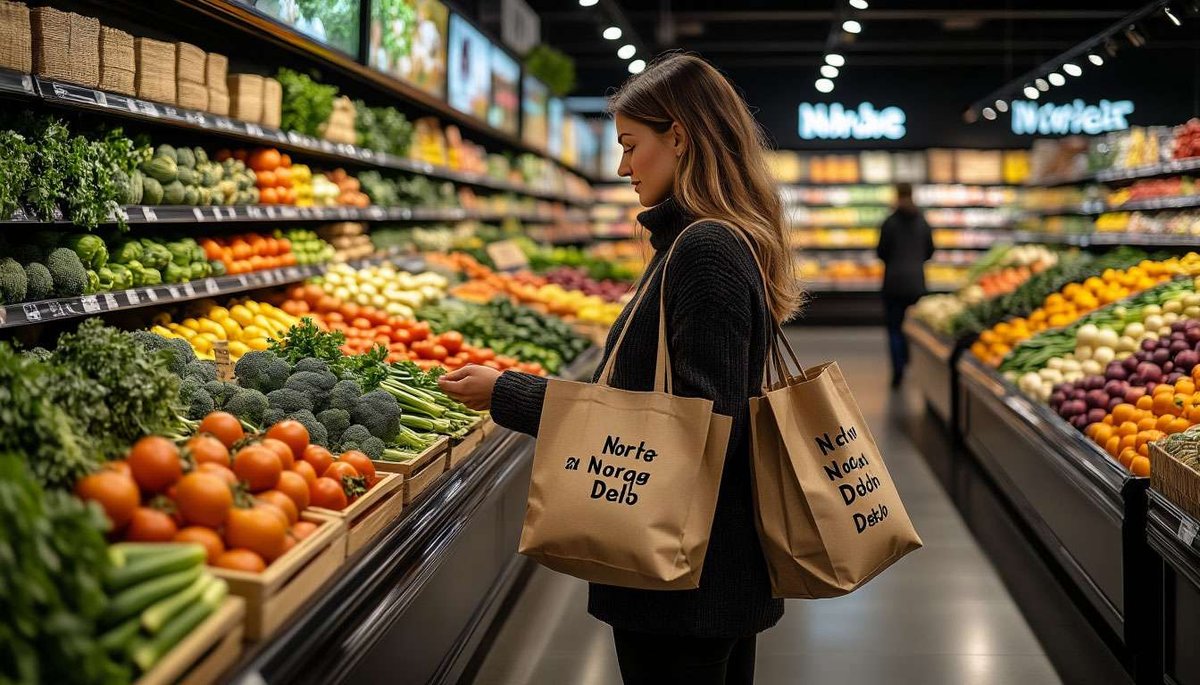Responsible taste: sustainable products, eco-labels and food ethics in Norway
Pure nature is Norway's main brand, and local producers take great care to protect it. From mountain pastures to trawlers in the Barents Sea, every step is monitored by independent organisations. For tourists, this means that you only need to look for the green Debio label or the red Nyt Norge heart to know that a product has a low carbon footprint and is sourced responsibly. We will examine the main certifications, practices and controversial issues to ensure that your gastronomic journey is not only delicious but also ethical.
What eco-certificates can be found on Norwegian products?
| Logo | Organisation | What it certifies | Where found |
|---|---|---|---|
| Debio (green leaf) | Debio | 95%+ of ingredients are organic, pesticide-free and GMO-free | Milk, vegetables, meat, eggs |
| Nyt Norway (red heart) | Matmerk | Grown/produced and packaged in Norway | Vegetables, berries, meat, bread |
| Ø-merket | Mattilsynet | National organic label (alongside Debio) | Processed products |
| MSC blue fish | Marine Stewardship Council | Sustainable fishing, traceable chain | Cod, haddock, shrimp |
| ASC | Aquaculture Stewardship Council | Environmentally responsible aquaculture | Salmon, trout |
| Nyt Norsk Kjøtt 'Norwegian Lamb' | Nortura | Free range, max 12 months, humane slaughter | Lamb, mutton |
How can you tell if seafood has been caught sustainably?
- MSC – wild fish: cod, haddock, mackerel.
- ASC – farmed salmon: stocking density and use of antibiotic-free feed are checked.
- MSC/ASC symbols are displayed next to items on restaurant menus; ask your server if you are unsure.
- The Seafood Watch Nordic app (iOS/Android) shows species ratings and seasonality.

What is a Debio-certified farm and can I visit it?
In addition to labelling products, Debio inspects farms. Many are open to visitors (gårdsbesøk):
- Rørosmeieriet (Trøndelag) — organic milk and rømme, tour 195 NOK.
- Ytre Hobøl Økogård (Østfold) — vegetables, fermentation workshop.
Bookings via the website InnPåTunet.no.
Is reindeer and lamb from mountain pastures ethical?
Yes: sheep and reindeer graze freely on fjellbeit, eat wild grasses, and receive minimal antibiotics. The Norsk Fjell-lam or Arktisk Rein label guarantees:
- Free grazing for ≥ 120 days.
- Slaughter at licensed farms under the supervision of Mattilsynet.
- Traceability of the grazing area.

Controversial meat: whale and seal – what are the rules and ethics?
- Whale meat: hunting is quota-regulated by the Ministry of Fisheries (around 1,000 northern minke whales per year). The meat is sold with a "Norsk Hval" label. Opponents point to the intelligence of the animals, while supporters point to the stable population. It is important for tourists to know the context and decide for themselves.
- Seals: commercial hunting has been virtually stopped; it is almost impossible to find them on the menu.
Top 5 tips for sustainable food shopping for tourists
| Tip | Explanation |
|---|---|
| Check for Debio/MSC/ASC logos | Quick indicator of environmental friendliness |
| Buy seasonal | Skrei in winter, berries in summer — less CO₂ for storage |
| Choose 'Kortreist' products | Minimal transport footprint, support for local farmers |
| Reduce plastic | Bring a reusable bottle and shopping bag; markets welcome them |
| Don't throw away food | The Too Good To Go app saves meal kits from cafés for 39 NOK |

By choosing products with the Debio or Nyt Norge label, ordering MSC-certified Skrei in a restaurant and trying organic butter from mountain pastures, you are not only satisfying your appetite but also supporting the fjord ecosystem. Sustainable food tourism in Norway is about respecting nature and people, and it starts with a simple gesture: looking at the packaging, asking the waiter a question and choosing the green leaf or the blue fish. Make your next meal both delicious and environmentally friendly.





1 comment
Log in to leave a comment